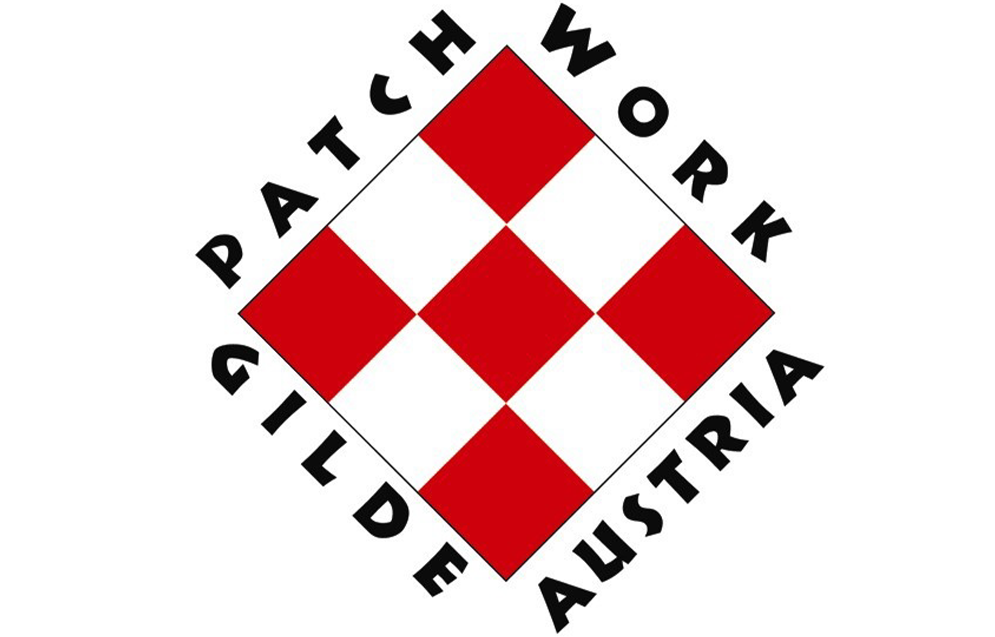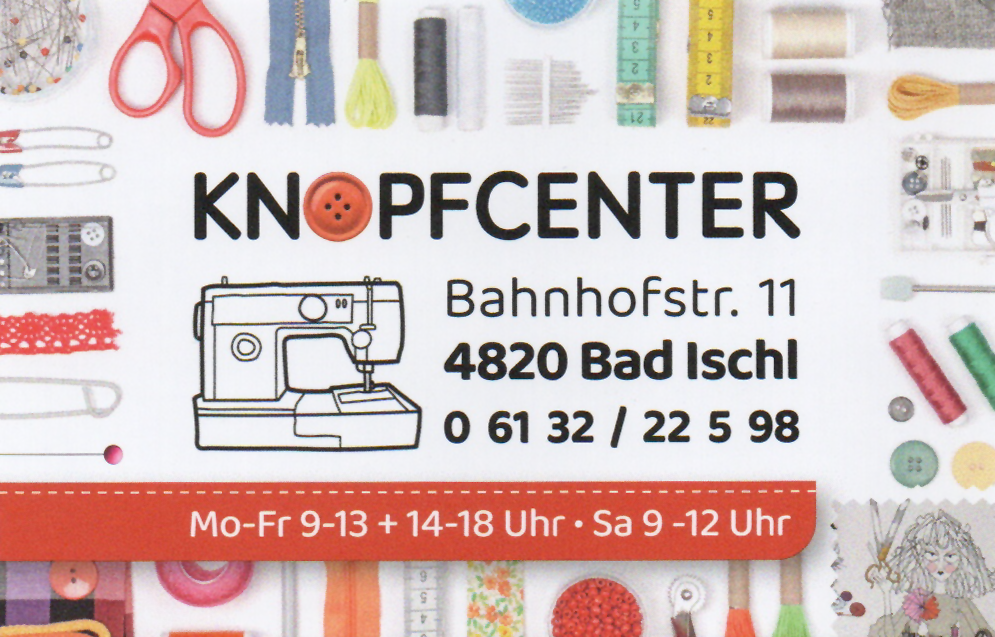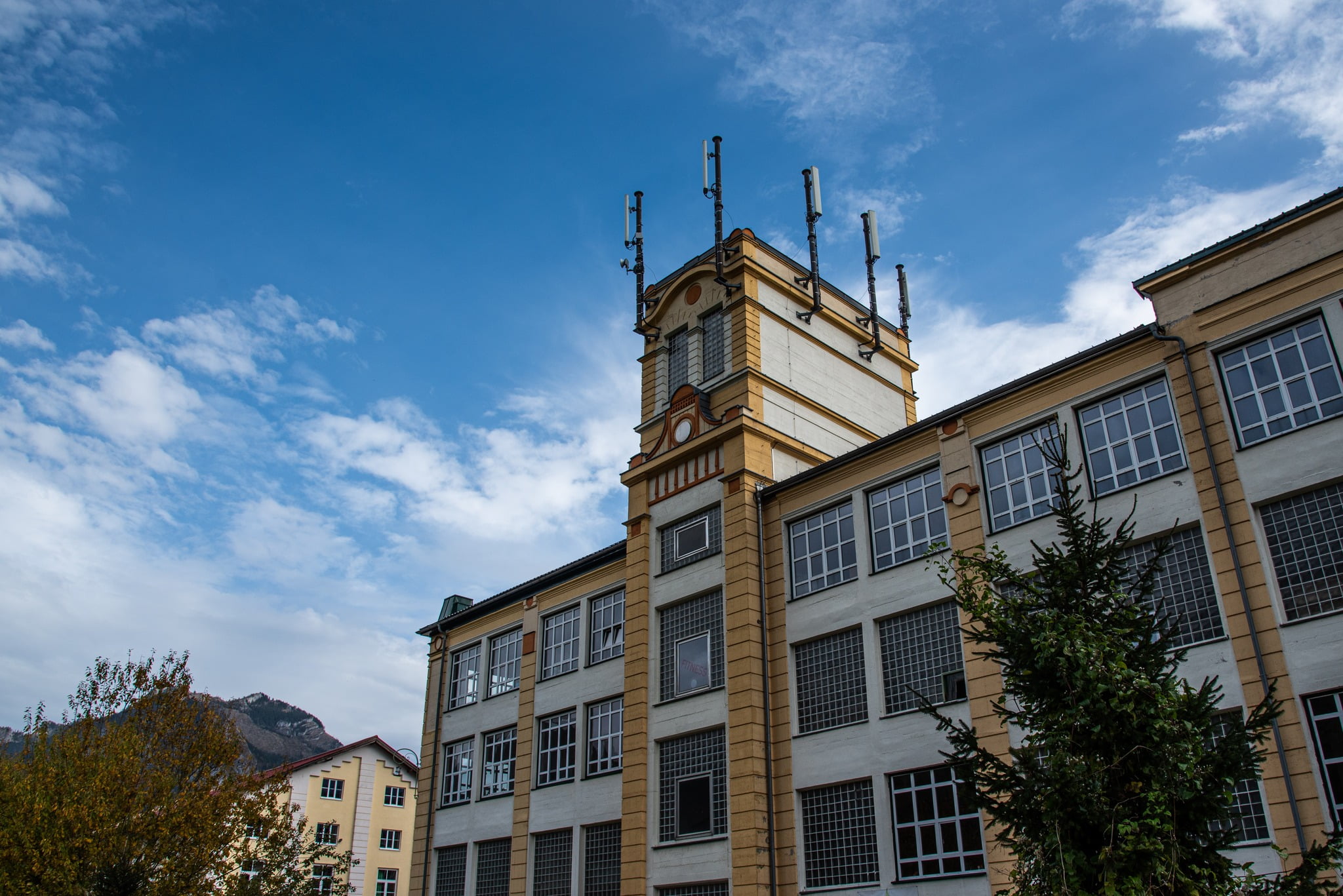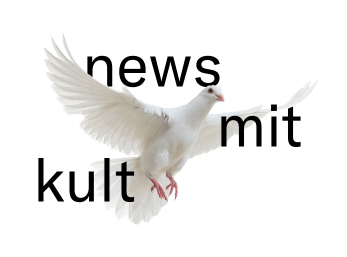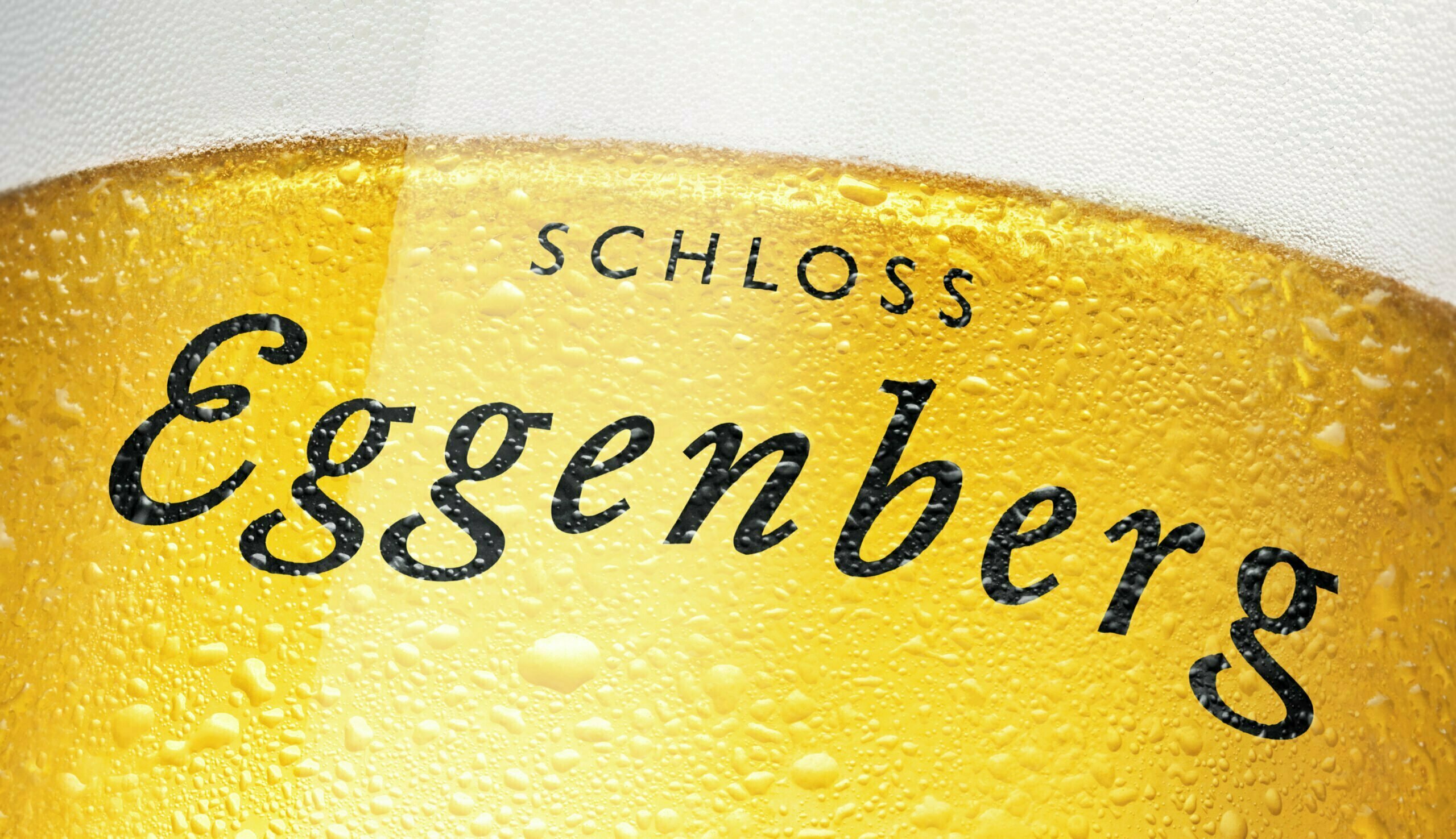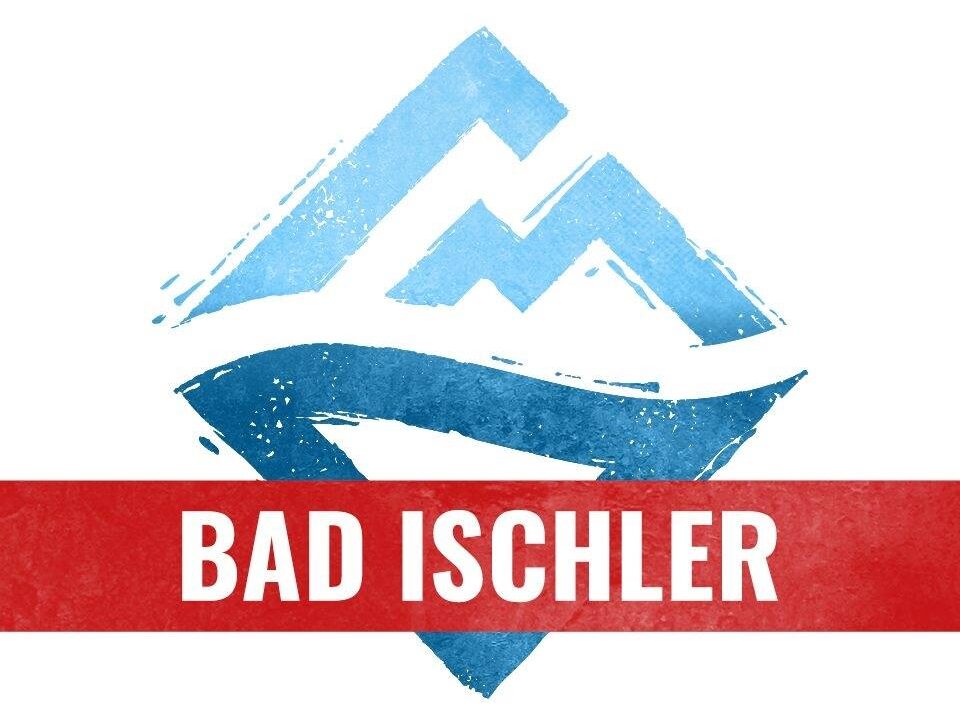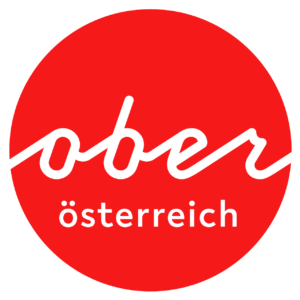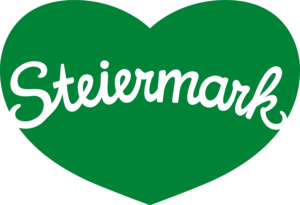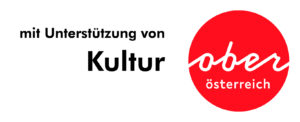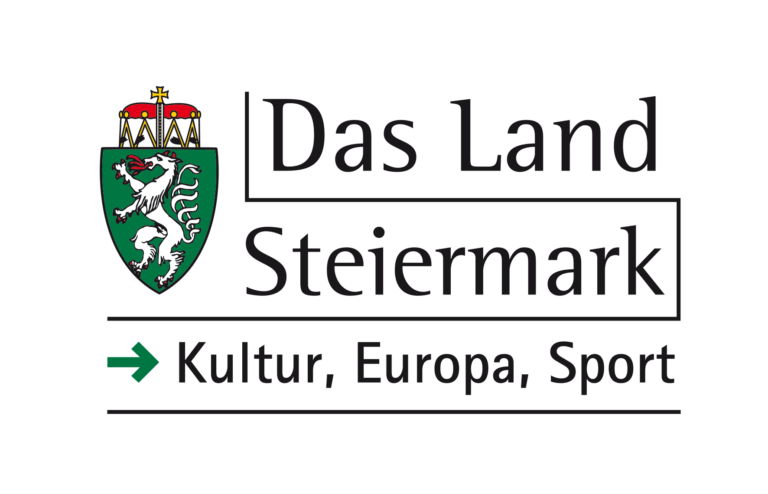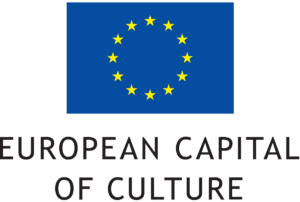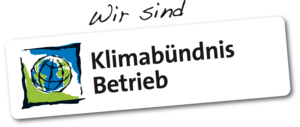Artistic positions in confrontation with the history of the working world of women, role attributions, social achievements and controversies – in focus: women’s work, textile art, herstory, artistic research.

By loading the video, you agree to YouTube’s privacy policy.
Learn more
Ebensee am Traunsee is a place with textile DNA. A soda, clock and textile factory, as well as the brew pans of the salt works shaped the workers’ identities and connected them to Europe and the world through international trade contacts. The hub of the project “Drawing a Thread” is the former Ebensee weaving and spinning mill, whose influences can still be felt today. The factory itself was not only a place of work, but of community life. In and around it was a social microcosm in which, in the factory’s heyday, an entire village lived, so to speak, accompanied by vital and public welfare-oriented social institutions such as day nurseries, crèches, consumer clubs, and even micro-agriculture for self-sufficiency. Women constituted a large part of the workforce on the farm and had the opportunity to earn their own income through attached childcare. Despite all the social innovations, work and life were hard, the hierarchies clearly distributed: Men* as foremen, women* as textile workers. During the Second World War, forced laborers were also used in production.
In 1992, the factory was finally closed. Many stories and myths surround the factory. These stories and manifold contradictions and entanglements are brought to the surface, newly linked and presented by international and regional artists, partly together with the Ebensee Fashion School and the local population.
Traditional textile raw materials from the Salzkammergut region such as flax, sheep’s wool and old textiles are researched together. The exchange of old knowledge and the promotion of handicraft skills is made possible through workshops, lectures, exhibitions and a handicraft get-together. Networking among textile stakeholders as part of this project creates new structures and serves as the basis for the TEXTILFORUM SALZKAMMERGUT.

